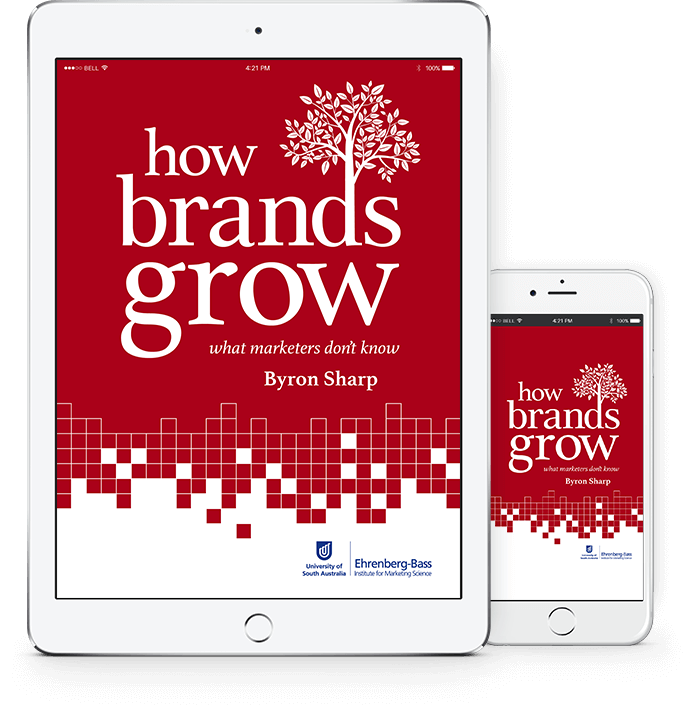About loyalty
Byron Sharp trusts no one when it comes to loyalty. That’s why the marketing professor from southern Australia stopped counting on customer retention and regular guests a long time ago: they’re too inefficient and expensive. Instead, he’s focusing on scientific data analysis, which is telling him that market share can only be gained with chance customers.
Mr Sharp, what’s more important for a guest: a hotel brand’s programme for regular customers or simply getting a good deal?
A good deal. But I’m not suggesting that low prices are the only thing that counts. I just want to emphasise that so-called loyalty schemes have very little impact on the behaviour of regular customers. If you operate one, you’re mainly rewarding guests who would have stayed with you anyway.
When your book “How Brands Grow” was first published in 2010, you caused a bit of a stir in the marketing sector because you questioned the importance of loyal customers in terms of noticeable sales growth. How did you come to that conclusion?
If you want to know where your sales growth is coming from, just look at the figures. Is growth tending to come from the fact that I have more new guests, or from more repeat bookings? The right answer is, of course, that the increase in sales has come from both groups. However, the impact of customer loyalty is definitely overestimated. Every brand, and this also applies to hotels, can grow only if it succeeds in gaining new buyers.
Can you back up your hypothesis?
Oh yes, my theories have been demonstrated for many brands in all segments in many countries over many years. I can show you, based on scientific evidence, that the success of a brand depends above all on how many “light buyers” it appeals to.
How do you define “light buyers”?
They’re best described as “rare” buyers, i.e. people who only book a few nights in a hotel once every few years. You could also talk about occasional customers. Most people belong to this category.
The impact of customer loyalty is definitely overestimated.
According to the international management consultancy McKinsey, 58 per cent of participants in loyalty schemes don’t actually use the benefits of membership. So why do so many marketing experts swear by having a regular clientele?
Many are continuing to bank on customer retention and brand loyalty, because they think it’s a risk-free way to increase sales. They know how these loyal guests behave, they have their data and addresses. But deep customer loyalty to a product is hokum, if you examine it from a scientific viewpoint.
So that means that one of the most commonly held assumptions in marketing – that regular guests should be nurtured and cherished – is a waste of time, because customers will be loyal anyway?
In principle, buyers and guests like to be loyal. It’s part of our natural behaviour. Loyalty is regarded as a virtue in itself in every society. But if you look at the demonstrable reality of whether everyone in a community adheres to this or whether a buyer always remains true to a brand, you’ll realise that we’re polygamous when it comes to loyalty.
You have written, “every customer is a customer of other brands that he buys occasionally”. Does this sentence also apply to the hotel sector? And does that mean that loyalty schemes are becoming less important?
Of course, hotel guests are polygamous too. There’s pretty much no one who is one hundred per cent loyal to just one hotel brand. Even your most faithful guest will look at what competitors are offering and make comparisons.
Does that therefore mean that managers and marketing experts should stop wasting their time and money on loyalty schemes and regular guests straight away?
No, I don’t mean that categorically. But hoteliers should definitely be careful not to spend too much money on this type of marketing. If you treat your guests well, you’ll get the regulars you deserve. After that you should stop worrying about these guests, and you’re better off thinking about how to gain more new customers.
Read the full interview on check-in.





